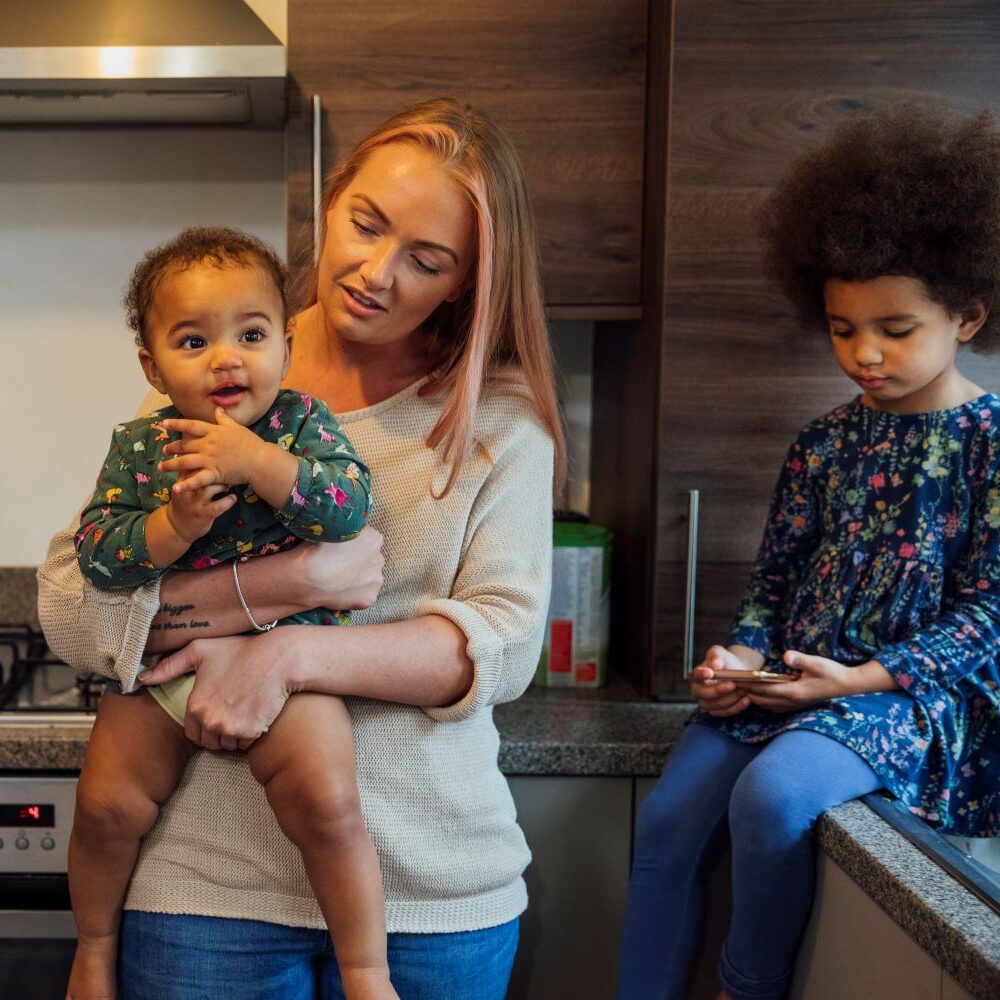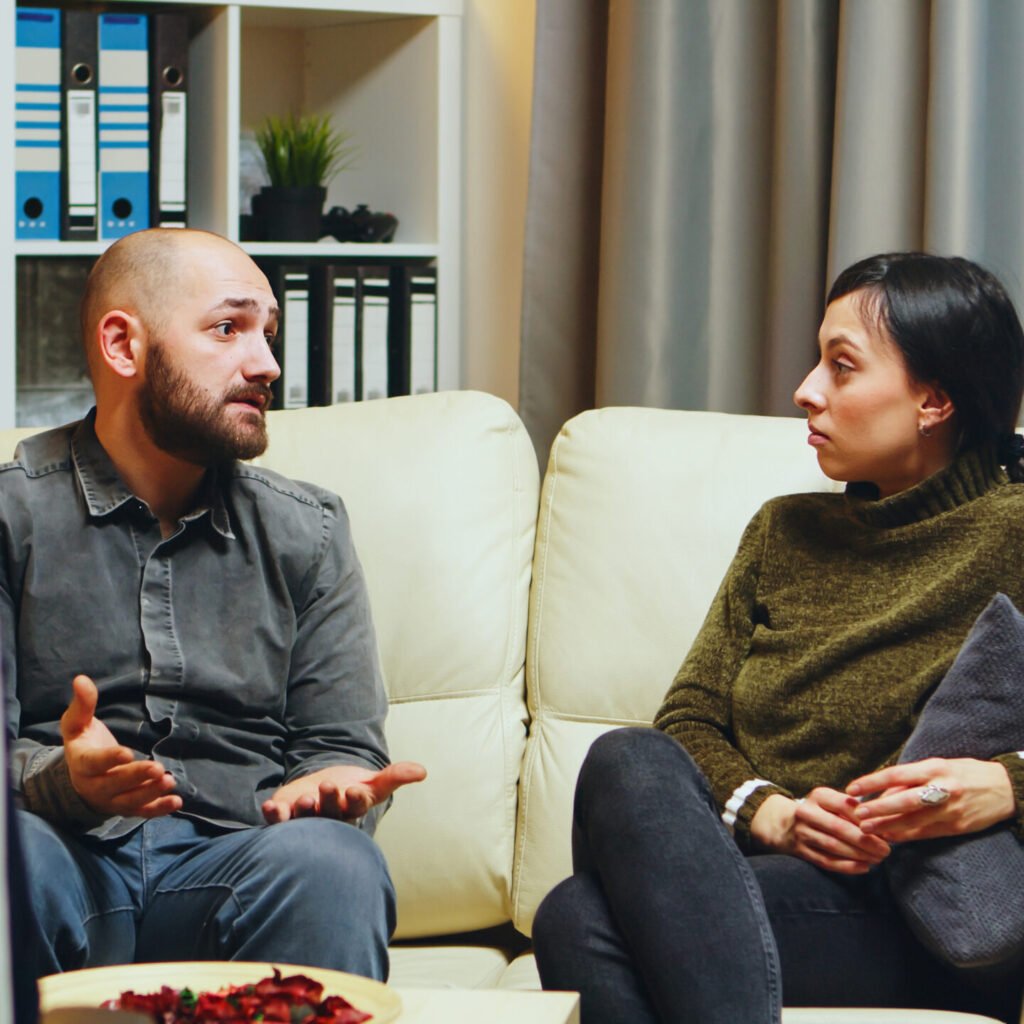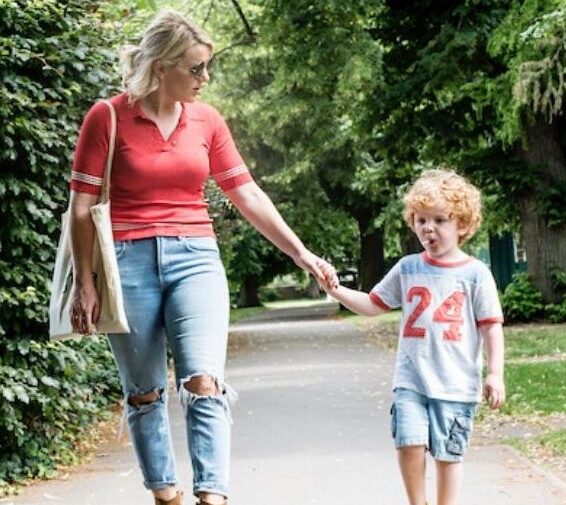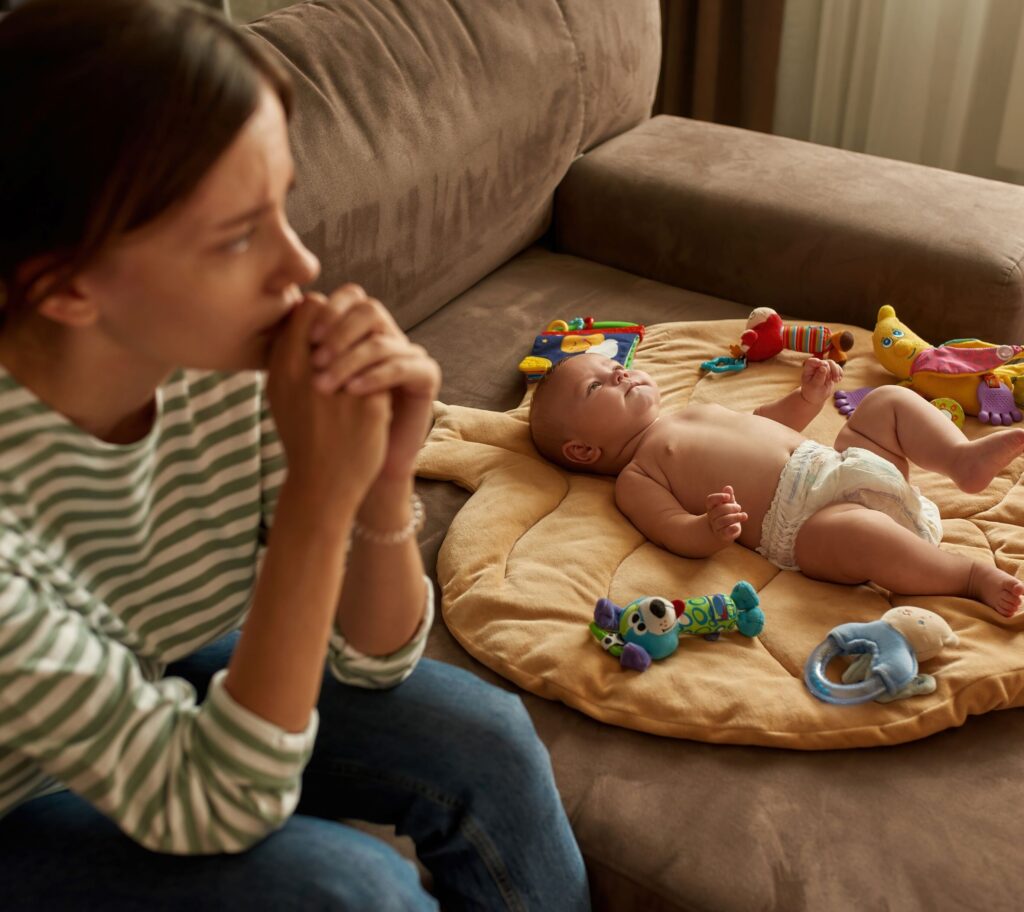Family mediation can help families going through a difficult time with relationships or separation. It is a process in which an independent, professionally trained mediator helps you work out arrangements for children and finances following separation.
Through our Separated Parent’s Information Programme (SPIP) we know what an important tool mediation can be for families we work with.
That’s why we asked Solicitor, Mediator and Family Mediation Week Chair, Sarah Manning to explain why mediation can be useful for separating couples. She also provides some tips on how you could approach it below:

Why is mediation important?
Mediation is increasingly important for families to consider on the route to separation. During the mediation process, separating couples get together in a neutral environment and a Mediator assists them in reaching key decisions which will affect both themselves and any children involved.
Mediation can cover a range of issues, but usually focuses on both the financial aspects of separation and the implementation of child arrangements. An example of this is outlining when and where the children will spend time with each parent.

Mediation is a way for couples to take control of their situation and make key decisions together to build a positive future for their family.
In my role I can either represent separating couples in a mediation or legal capacity. This means that when I have my mediation hat on I am unable to provide legal advice and I must always remain impartial, which might be reassuring for people who worry about being “caught out” by the mediation process.
As a mediator I can, however, provide legal information to parties to assist them with the process and help guide them to reach a fair decision. For this reason, having a background as a solicitor still helps.
Tailoring mediation to individual needs
Mediation is not always suitable. This is why the mediator first meets with both parties separately for a confidential initial assessment meeting to find out what the issues are and to consider if mediation is a suitable means of resolving them.
This is also a great opportunity for the mediator to find out what is important to those involved. From my experience, everyone is different and what is important to one person may not be as important to another in a similar situation.
Some people do not want to meet face to face. In this situation, the sessions can take place using video conferencing software. In some cases, people don’t want any direct contact with their ex-partner. This too can be accommodated by the mediation sessions taking place on a “shuttle basis” – meaning I go between them. Mediation is very adaptable, and it is important you speak openly with the mediator initially to ensure that everyone is comfortable with the process.
From time-to-time other professionals may also assist the parties to resolve their dispute.
In financial disputes, for example, the parties may benefit from support from their legal advisors and/or financial advisors in the mediation process while, in matters relating to children, it may be helpful for the mediator to speak to the children to find out how they are feeling and ascertain their wishes and feelings.
Mediation is a helpful way for couples to take control of their situation and make key decisions together to build a positive future for their family. It can prevent needing court assistance, which can be costly and time-consuming. If matters are not resolved through mediation and the parties choose to go down the court route, then they often lose control of the process – there are strict rules that need to be followed and court deadlines. The timetable and the process can mean they end up down a path that they did not want to take but felt pressure to comply with.
Mediation is not a magic wand, and several sessions may be needed. Sometimes not all issues can be resolved with mediation, but resolving just some of the issues can reduce hostility, prevent additional legal fees and help parties to consider other dispute resolution options.
Financial implications of mediation
A lot of people worry about cost but there is currently a government voucher scheme in place which provides separating couples with £500 towards their mediation costs. This only applies to mediation concerning children disputes at present and not financial matters and is there to encourage separating couples to consider mediation rather than issuing court proceedings.
In my experience, this is a great success as I’ve found that more people are willing to consider mediation and attend the first session when it is free. Often following the first session people continue with the process and it gives them an excellent opportunity to experience first-hand the benefits of mediation.
If you’re going through a difficult separation or struggling with a family relationship, you can find out more about whether mediation is right for you by looking at the Family Mediation Week website. If, however, you’re sure mediation is for you then visit the Family Mediation Council’s website to find a local mediator.
If you need a listening ear to discuss any issue relating to family life you can contact our FamilyLine service for free support, practical information and guidance.

Call, text, email or web chat FamilyLine
If you’re feeling overwhelmed, worried or upset about any aspect of your family life, FamilyLine is here for you. We offer free emotional support and guidance on family relationships, conflict, parenting, caring, financial worries and more.
Contact FamilyLine


